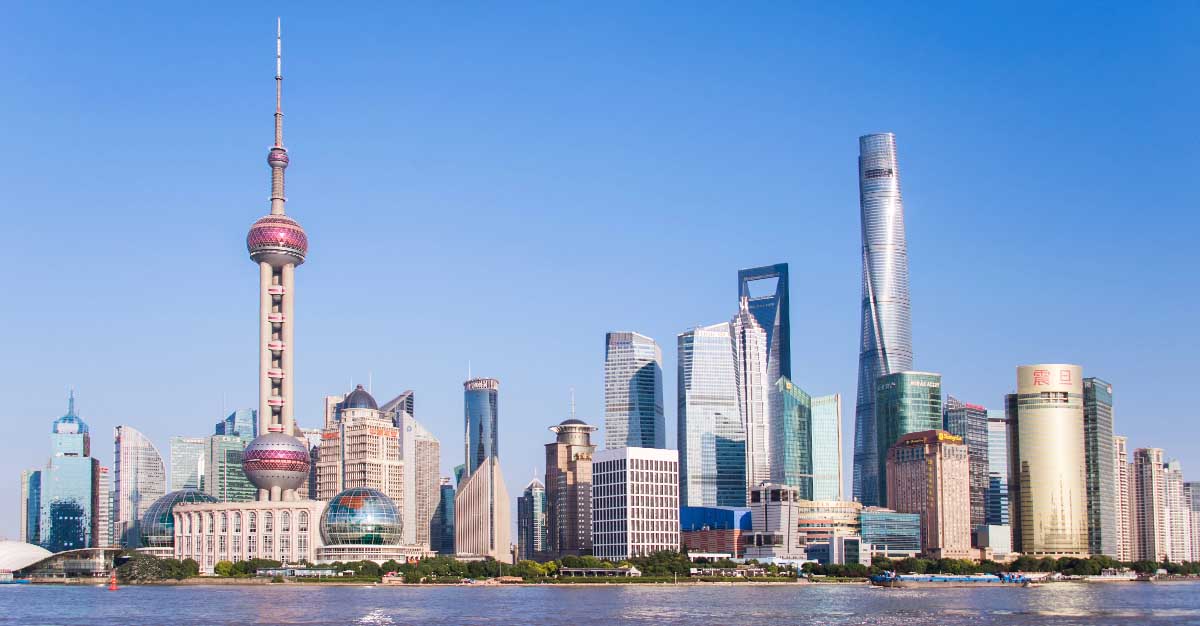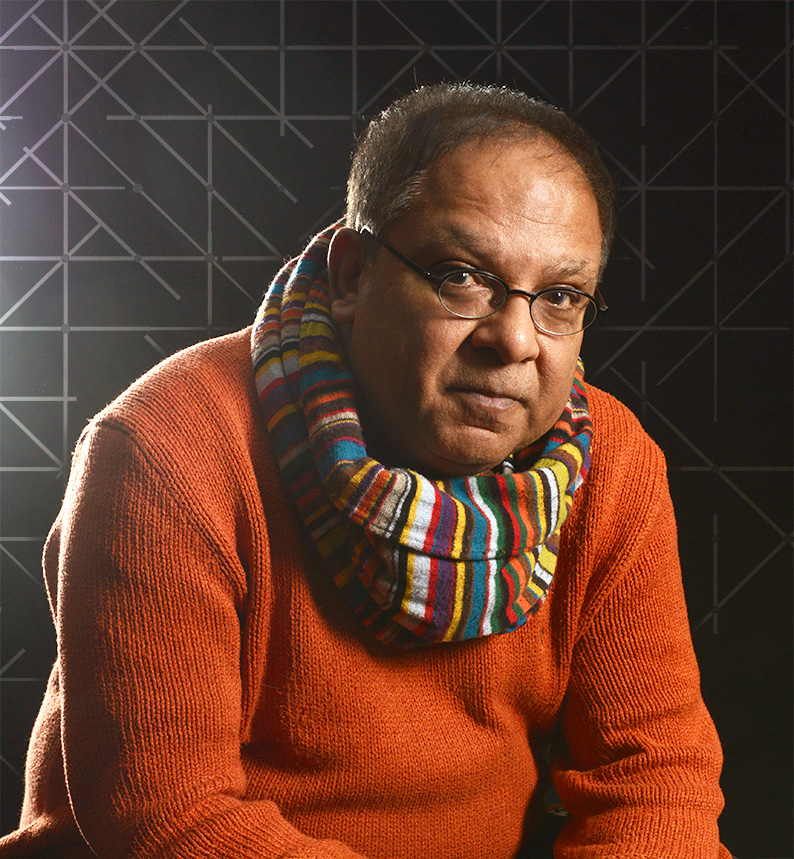“Where are we?” Laura asked.
“I don’t know,” I answered in bewilderment.
“But you booked the trip, remember? Our hotel was supposed to be overlooking the Bund and the Oriental Pearl Tower.”
“Well, I did ask for a hotel in Pudong in that area. Our travel agent must have booked us in the wrong hotel.”
It was too late to change. All was going to end in disaster.
Since the day my father had given me—at the age of 15—the chance to visit one of the greatest World Fairs—Expo ’70—my wish had been to, someday, take my kids to an Expo. Ironical that Chris, my younger son, was now 15 (Alex the elder, 17) and the 2010 Shanghai Expo was touted as the most luxurious and magnificent since the first bullet train days of Osaka ’70.
And here we were… or not, as the case would be, to attend.
With the number of visitors to the Expo, it would be impossible to find another hotel.
Pudong, a district of Shanghai, sprawled across 500 square miles. Only its western tip touched the city centre that I had yearned for my family. Now we found ourselves in nowhere land and our taxi had long disappeared. At least our cabbie had deposited us at a hotel.
The building was tall beyond sight. It was a black glitzy tower covered in black tinted windows. “Welcome to the Crowne Plaza Pudong.” It reminded me of a nouveau rich American businessman, with no idea of elegance, who needed to build the most show-off edifice he could—brash and gauche. Its lobby was covered floor-to-wall in black marble encrusted with minerals that twinkled at you. Faux gold framed 9-foot mirrors everywhere. It reminded me of a funfair house of amusement.
“How far are we from The Bund?” I asked in trepidation, hoping Laura wasn’t listening. In typical understatement, the all-impressing American receptionist smiled “Oh, only half-an-hour by taxi. We’ll give you a set of business cards with English on one side, Mandarin on the other to hand to your taxi driver. Most of the cabmen can’t speak English. Each card has the destination you wish to visit.
I trembled before asking “How far is it to the Expo grounds from here?”
“About an hour. We have upgraded both your rooms to master suites. If you’re hungry, take the elevator to the top floor. Your key card will allow you entrance to our VIP lounge. Snacks, drinks, and canapes are served 24-hours a day. You will have a 360-degree view of Pudong and the city centre of Shanghai.”
Based on China’s reputation of mass population with little room to breathe, we were surprised to find the hotel half-empty—only a handful of patrons and not one on our floor. We were taken to the 24the floor. Our corridor was decorated in the same glittering black marble as the lobby.
Our adjoining suites—one for the boys, the other for us— were each the size of three rooms. Once again, black marble floors and faux-gold trimmings were the order of the day. It seemed we were the first ones to occupy these suites.
It was now 4pm. “Boys, it’s 40˚C outside. Let’s have a siesta and go out in a couple of hours once it gets cooler. If you want to eat, help yourself to the roof-top lounge,” I glanced at Laura to get her nod of approval. “We have a week here, so no rush to hit the Expo today.”
I drew the curtains back, expecting a panoramic view. It was like watching a giant TV on the blink, showing only one colour—GREEN. Nothing could be seen, only a pea-souper, the kind that London suffered in the 1950s. It was a thick pea-green fog, which remained during our whole week.
Around 6pm, the boys woke us up and we got up to explore the area around the hotel.
It looked like a deserted modern ghost town, or a movie set, where all the buildings were facades supported by props. A handful of people. The buildings sparkling clean, all in white. On one side were huge factory areas, with large signs designating each factory as a “Free-Trade Zone”. Gates barred entrance. Through them, we could see a driveway to the main porticos. On all sides within, perfectly manicured lawns. But again, eerily, no pedestrian activity. Ghost towns recently built with no tenants.
Across from these “FTZ”s were humongous white walled, balconied apartment buildings. The wide immaculately clean roads, fit for a horde of cars and bicycles were empty, save for a handful of vehicles and half-a-dozen cyclists. No supermarkets, malls, restaurants, or major street signs. Hardly a pedestrian.
Around the corner, we finally saw a tiny 600 square foot neighbourhood food store. It was like the “Dukha’s” I would see in Africa. And, just as in my childhood, I saw a group of elderly men drawn into a circle, in pajama pants and white singlets full of holes, grilling fish on a piece of wire fencing atop a charcoal brazier.
Days later, on a trip to the Expo, visiting in the evenings to beat the heat, we were lucky enough to find a taxi driver who could speak a little English. Closing on our destination, we left the highway to spiral down a curving exit, a hundred feet below. The road looked brand new. “Built for Expo,” the man divulged.
“How long did it take to get permission and build all this?” I asked.
“Two years.”
“Two years?” I expostulated. “In Canada it would take a dozen to obtain approval, let alone build.”
“But this area still has old homes like a village.” In the twilight, a hundred braziers threw light upon dilapidated wooden homes. All along the road we took, men, women, and children huddled around the braziers, cooking and gossiping, with an innate show of belonging. It looked like half the village had been wiped out to create a direct road and a gigantic parking lot for the Expo.
“What happened to the people who were turned out of their homes?”
“Don’t worry sir. Pudong. They get brand new apartments with fridges and cookers.”
It must have been the same folks we saw in front of the store near our hotel. Despite all the latest mod-cons, they had reverted to their trusty charcoal braziers. Their camaraderie, resilient to all other influence.


